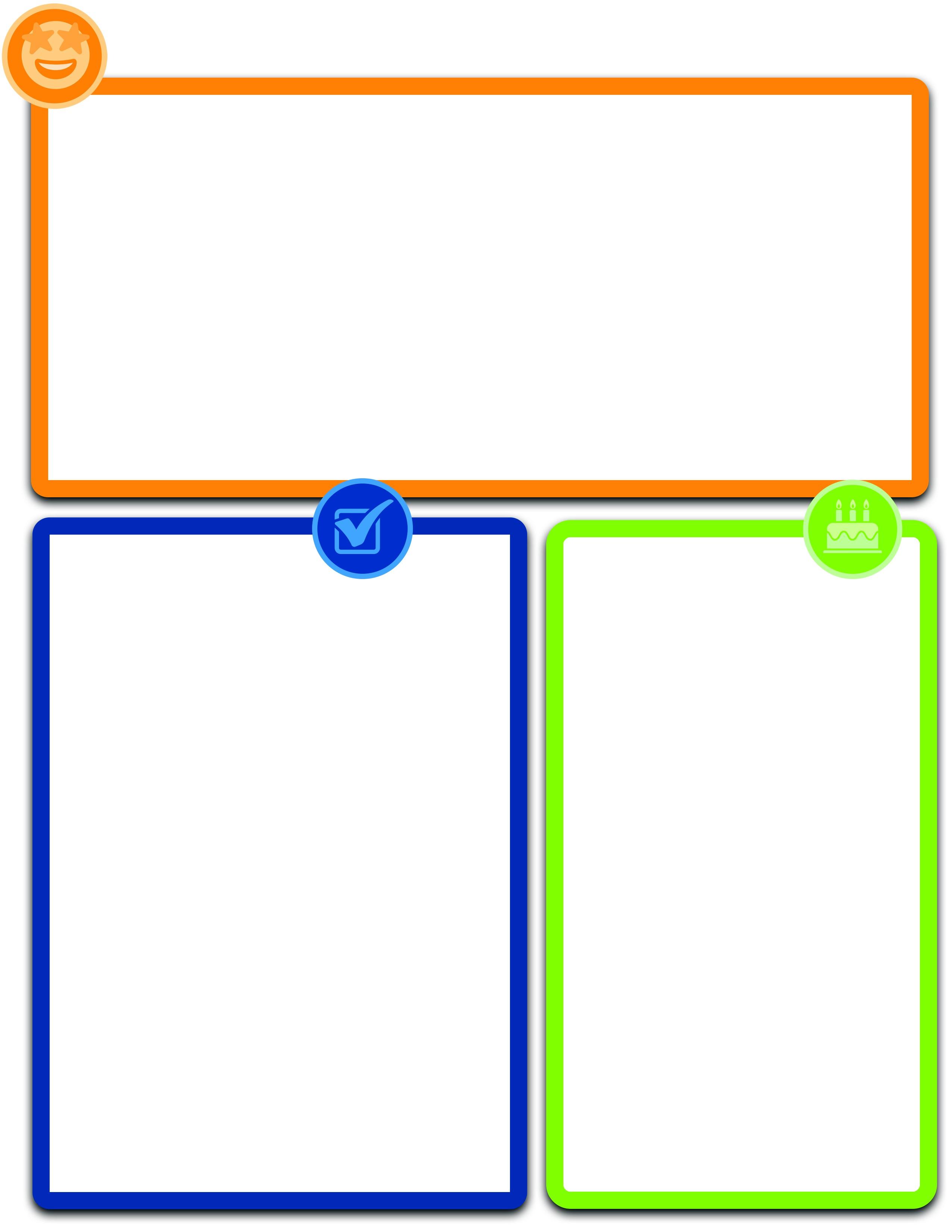September 5, 2025 – 12 Elul 5785
A PEEK AT THE PARSHA
Parshat Ki Teitzei contains more mitzvot than any other parsha! The parsha begins discussing the inheritance laws and emphasizing fairness. Even when there is family conflict, all the children get an inheritance, and the oldest son is entitled to receive a double portion of his father’s estate. The Torah also introduces the concept of the Ben Sorer U’moreh, the wayward son. The Rabbis in the Gemara say that this story never happened, and never could happen, but there are still important lessons to learn.
ONE BIG IDEA
Ki Teitzei tells us to be tamim with Hashem. But what does tamim mean? At the Pesach Seder, one of the Four Sons is called the tam, and there it means “simple.” But, Yaakov was called an ish tam, and he was very wise! So how can someone be both simple and smart?
One answer is that tam/tamim means content: being happy with what you have. A tamim person is wise enough to understand what really matters. Being tamim with Hashem means trusting Him, living simply, and doing the right thing with a full heart.
Parshat Ki Teitzei

The punishment for such a child is very serious and it reminds us of the importance of listening to our parents and our leaders. Next, the parsha discusses various mitzvot related to kindness and respect for others, like returning lost objects and helping a neighbor with a fallen animal. The parsha also commands kindness toward animals, such as sending away a mother bird before taking her eggs, and requiring farmers not to muzzle an ox while it works so that it can eat. A few times, the parsha reminds us to be kind to the convert, orphan, and widow since we once had difficult lives, when we were slaves in Egypt. Ki Teitzei also addresses fair treatment of workers, the prohibition against charging interest on loans to fellow Jews, and ensuring fair business practices. The parsha closes with a commandment to remember what Amalek did to Bnei Yisrael after they left Egypt, emphasizing the importance of erasing the memory of Amalek, a symbol of evil. Overall, Ki Teitzei teaches the importance of justice, compassion, and responsibility toward others in creating a moral society.
Candle-lighting: 7:04pm Havdallah: 7:58pm
allah: 5:25pm
SMILE!

CHECKLIST
To be filled out after shabbat and brought in Monday.
I called ________________________ to wish them a “Shabbat Shalom”
I went to ________________ shul (synagogue)
I did the Shabbat mitzvah of_______________
________ Hadlakat Nerot/Kiddush/Hamotzi/ Birkat Hamazon
I sang zemirot/songs
Iwore__________________inhonorofShabbat
I __________________________ in my home to prepare for Shabbat

UPCOMING
EVENTS & BIRTHDAYS
Sep 10: Lower School Back to School Night Sep 10: Tekiya Gedola Challenge with Rabbi Eisenberg
Isaac Levy’s birthday is on Wednesday Simon Toledano’s birthday is on Friday Happy birthday!

